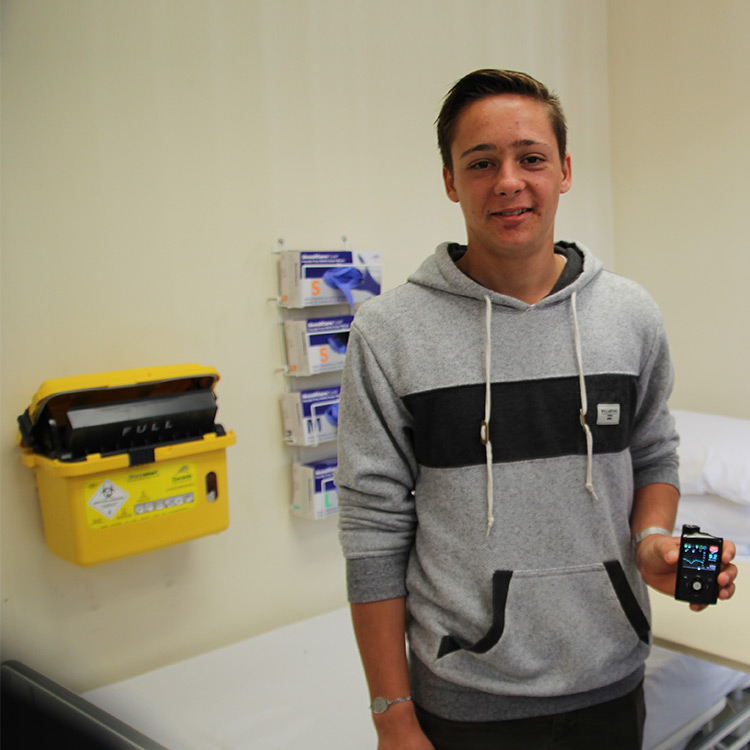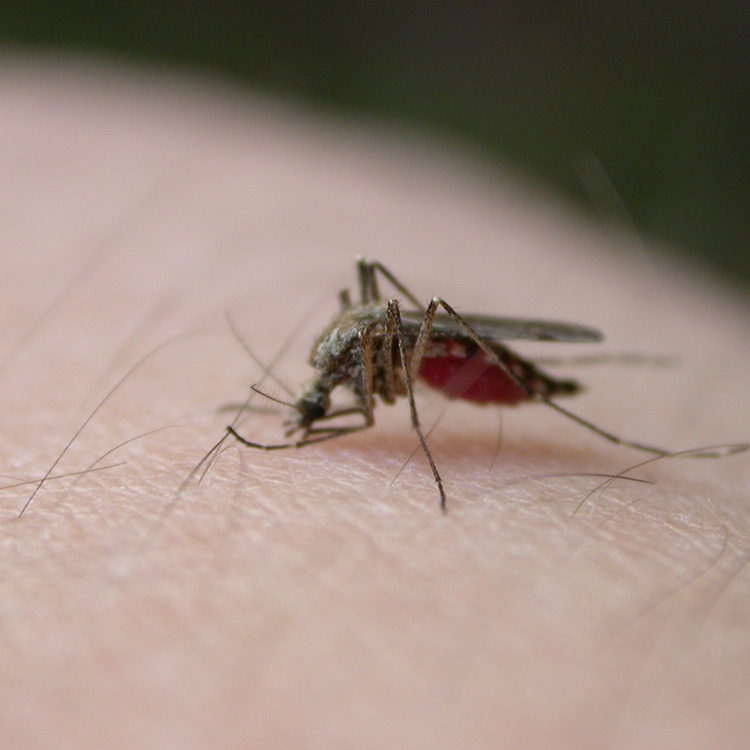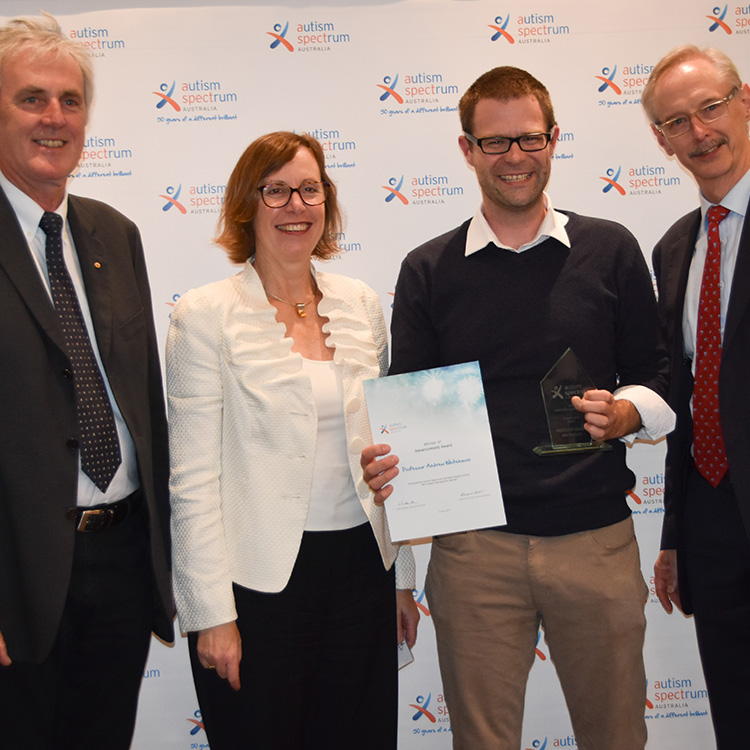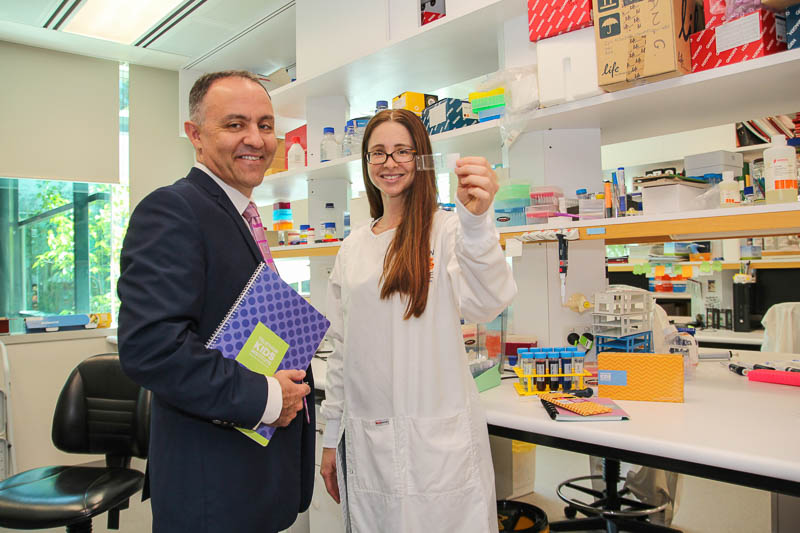Search

The Children’s Diabetes Centre at The Kids Research Institute Australia is leading the longest and largest at-home trial of a hybrid closed-loop insulin pump system.

Rennae's son Samuel was diagnosed with stage 4 neuroblastoma 13 years ago, and was originally given a 20% chance of survival. She bravely shares their story.

A study led by researchers at The Kids Research Institute Australia has shown that electronic cigarettes can cause lung damage.

Ethan recently took part in Belong, a study led by The Kids which aims to ensure deaf and hard of hearing kids have a happy & positive school experience

WA Researchers have conducted an Australian-first study to determine the prevalence of microcephaly, in preparation of any future outbreak of the Zika virus.

Professor Andrew Whitehouse has been awarded an Autism Spectrum Australia Recognition Award for his work communicating scientific findings to families.

Join us for an annual research update from WA cystic fibrosis researchers.Find out the latest research findings in Cystic Fibrosis.

All parents want their children to be happy. But in our rapidly changing modern world what does that actually mean? Prof. Stephen Zubrick provides his top tips.

Staples is launching a new range of office, facility & education products to help support the incredible child health & development research of The Kids.

The Multiple Strength Indicator is a strength based measure that provides information on children’s developmental strengths as they commence full-time school.
